ORCA-IAC UCLA Chancellor’s Postdoctoral Fellows
Balraj Gill
Balraj Gill is a historian and an interdisciplinary scholar in Native American and Indigenous Studies and American Studies. Her research focuses on Native mobility and freedom and how they are spatially, legally, and socially circumscribed through ongoing colonial processes. Her first book project examines carceral state formation from the perspective of the relationship between Native nations and the U.S. and Canadian states. She also studies Native migrations in 20th- and 21st-century North America. Gill earned her PhD in American Studies at Harvard University. She was previously an Indigenous Studies Postdoctoral Fellow in American Culture Studies at Washington University in St. Louis and a Lecturer in History and Literature at Harvard University.
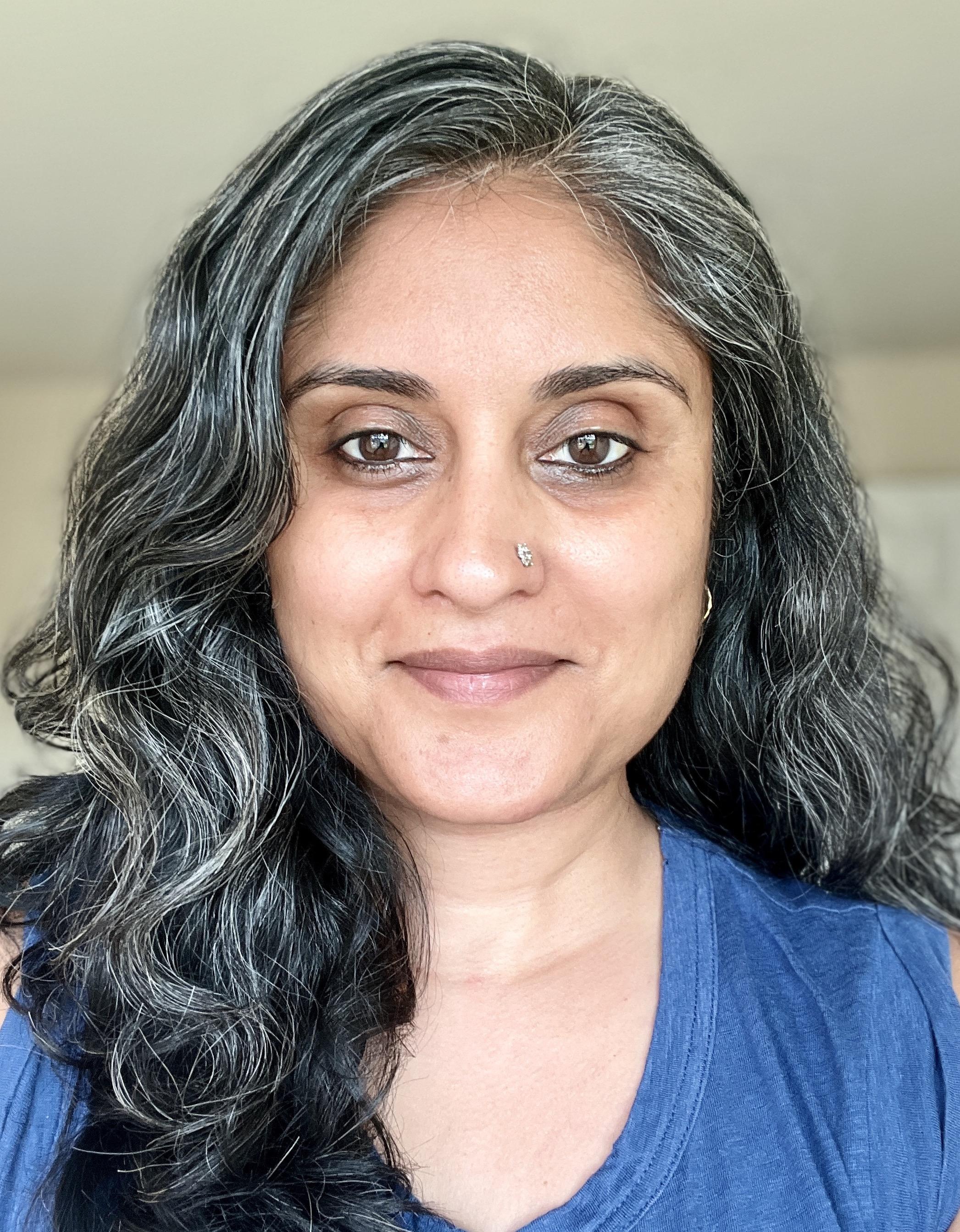
Isidro González Granados
Isidro González Granados held a Post-Doctoral Fellowship in History at Claremont McKenna College. He earned his PhD at the University of California, Santa Bárbara. His research explores histories and legacies of eugenic practices, methods, and data in the 20th-century U.S. Southwest. Specifically, he looks at the roles of social workers, science, and the state in race-making through disability, disabled subjects, and disability experts at sites of confinement and exclusion, such as institutions for people deemed “feebleminded” and the Mexico-U.S. border. One of his current projects delves into the history of behavioral interventions and how racialized subjects experienced them in the post-World War II era. In support of his work, he received the Andrew Vincent White and Florence Wales White Scholarship in the Medical Humanities from the University of California Humanities Research Institute (UCHRI) for a project that showed how intimate dialogue between observer and observed demonstrated ways in which bedside manner, cultural insensitivity, and an ideology that some bodyminds are worth more than others led to long lives of confinement, surveillance, and sexual sterilization for patients/inmates or, for eugenic professionals, to successful, generative, and long careers in the sciences. His work has appeared in Southern California Quarterly and Sage Research Methods: Diversifying and Decolonizing Research.
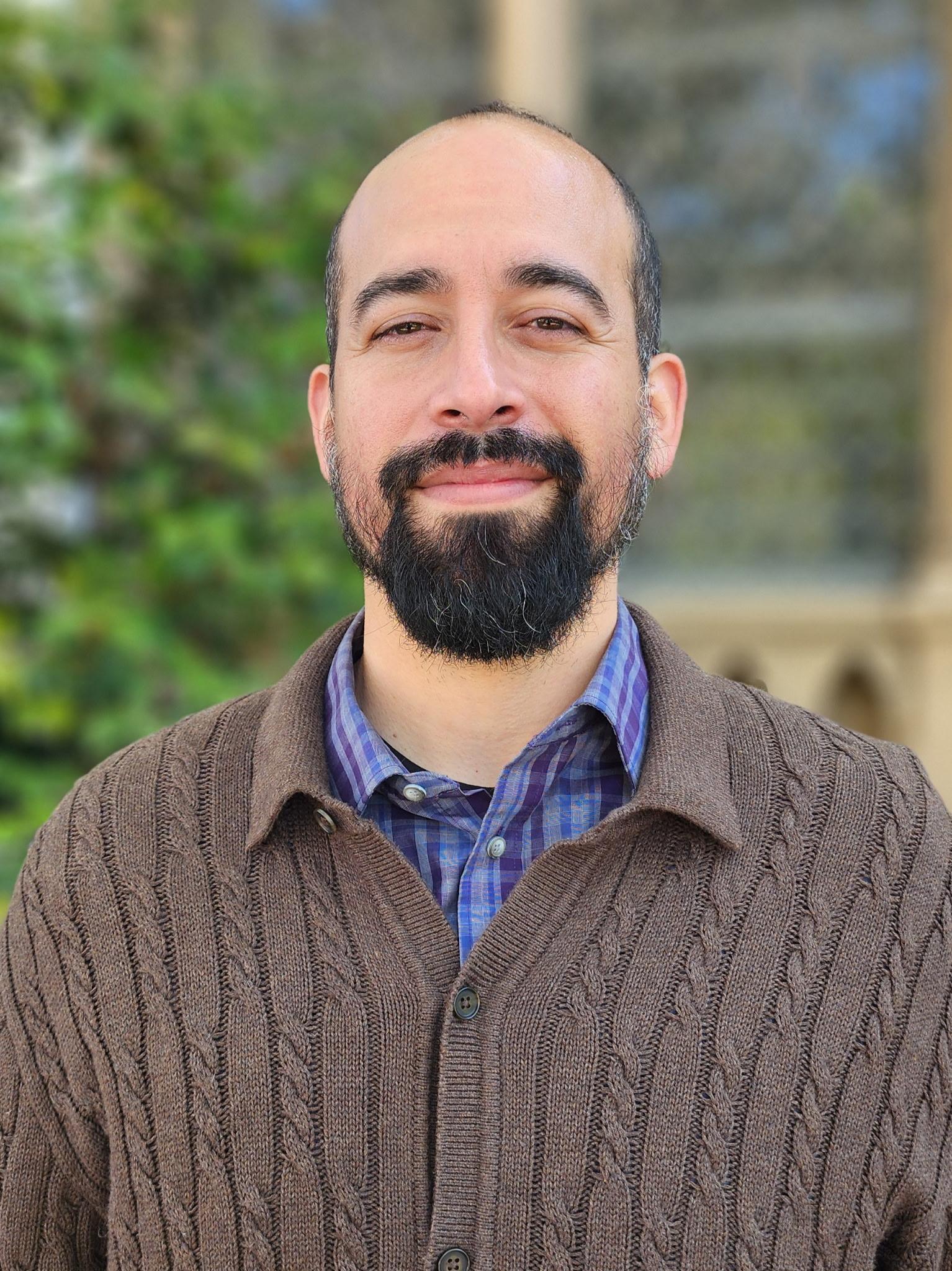
Joey Jennings
Joey Jennings holds a Ph.D. in Sociology from the University of Maryland, College Park. Prior to joining UCLA as a Chancellor’s Postdoctoral Fellow, he received a National Science Foundation Graduate Research Fellowship. Joey’s research spans two related areas that intersect at thoroughfares of the sociology of race and ethnicity, intersectional frameworks, and resistance scholarship: (1) the afterlife of slavery and (2) intersections of Black identity. He employs quantitative and qualitative approaches to unravel the complexities of race, racialization, and anti-Blackness, aiming to enrich intersectional discourses on the mechanisms that perpetuate inequality. During the fellowship term, his primary research will explore racial equity frameworks to re-imagine historical investments in Black communities. In particular, Joey’s forthcoming projects will center on hip-hop as a significant social and cultural space, highlighting how such investments in the hip-hop community often favor hegemonic figures (such as, cisgender, heterosexual men) while diminishing intersectional diversity.
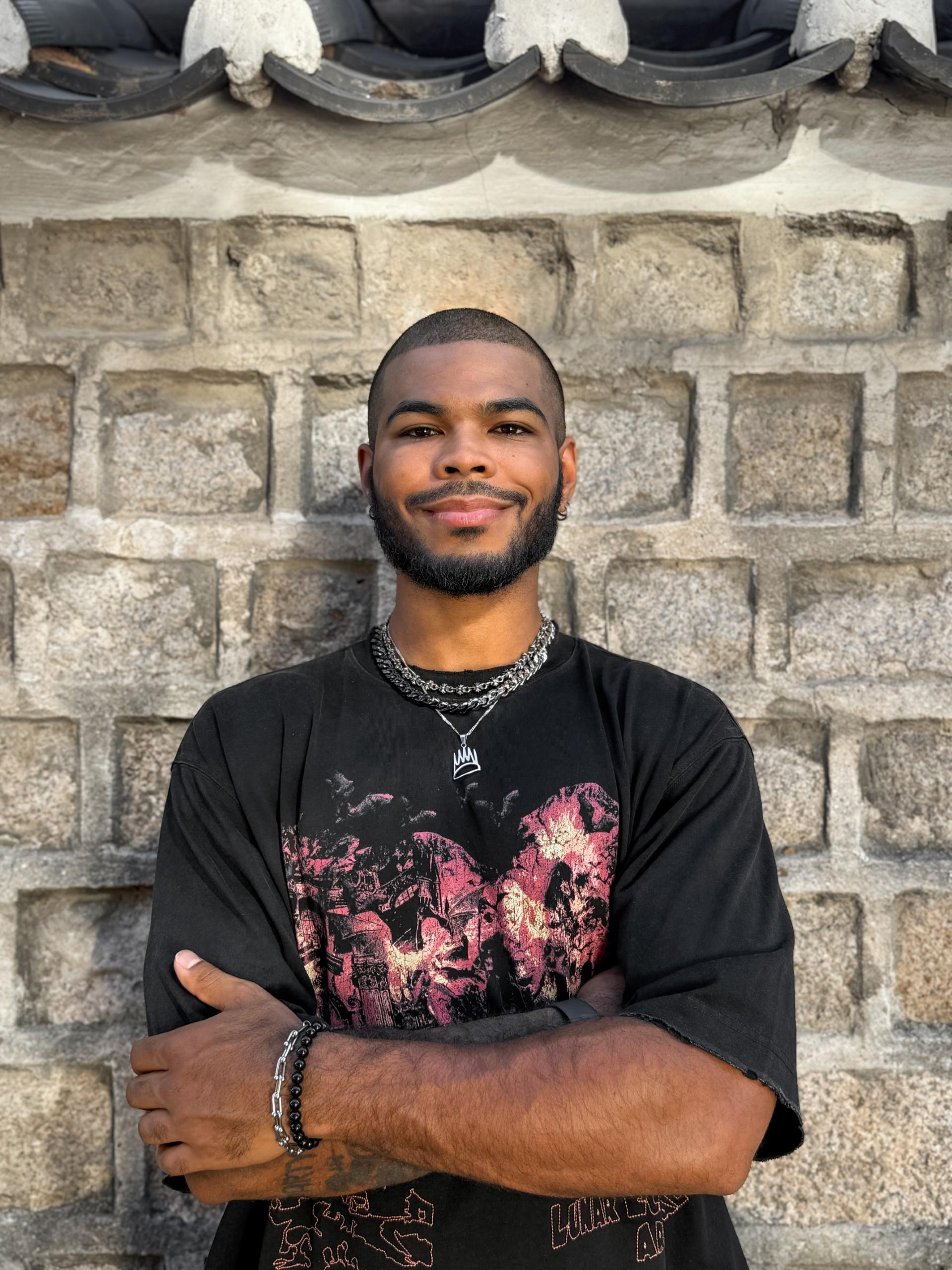
Sophia Armen
Sophia Armen is a University of California Chancellor’s Postdoctoral Fellow based at the Asian American Studies Center and the Institute for American Cultures. She received her PhD in Ethnic Studies from the University of California, San Diego. Her research focuses on the racialization of Middle Eastern communities in the United States, from the perspectives of organizers and refugees, uniting ethnic studies, critical refugee studies and gender studies. Her research has been generously supported by the Calouste Gulbenkian Foundation, Dolores Zohrab Liebmann Foundation, and many others, and her work has appeared in The Los Angeles Times, Ms. Magazine, Vice News, NPR and The Middle East Eye. She has founded dozens of organizations and community initiatives and has been building in feminist, SWANA, and survivor justice movements in the United States for over 15 years.
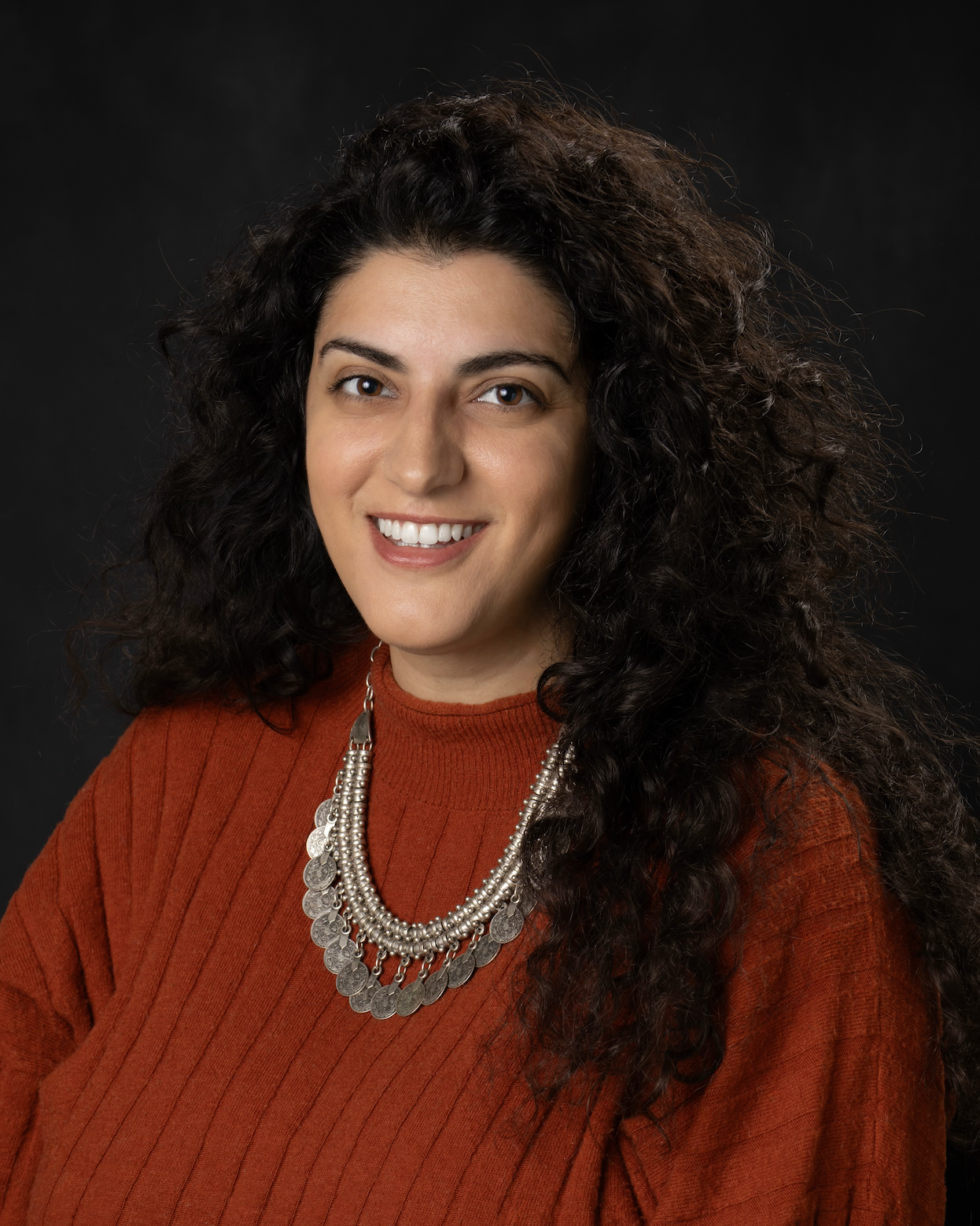
Shazeda Ahmed
Shazeda Ahmed holds a Ph.D. from the University of California, Berkeley's School of Information. Prior to starting at UCLA, she was a postdoctoral researcher at Princeton University's Center for Information Technology Policy, and was previously a pre-doctoral fellow at Stanford University's Institute for Human-Centered Artificial Intelligence (HAI). In the past, Shazeda has worked as a researcher for Upturn, the Mercator Institute for China Studies, the Citizen Lab, and the AI Now Institute. Her dissertation fieldwork on how tech firms and the Chinese government collaborated to produce the country’s social credit system received support from a Fulbright award. Shazeda's additional research has focused on perceptions of algorithmic discrimination and emotion recognition technologies in China, the influence of US-China "AI arms race" narratives on US tech policy, and the epistemic culture of the field of AI safety. Shazeda’s work has been featured in outlets including the Financial Times, WIRED, the South China Morning Post, Logic Magazine, The Verge, and CNBC.
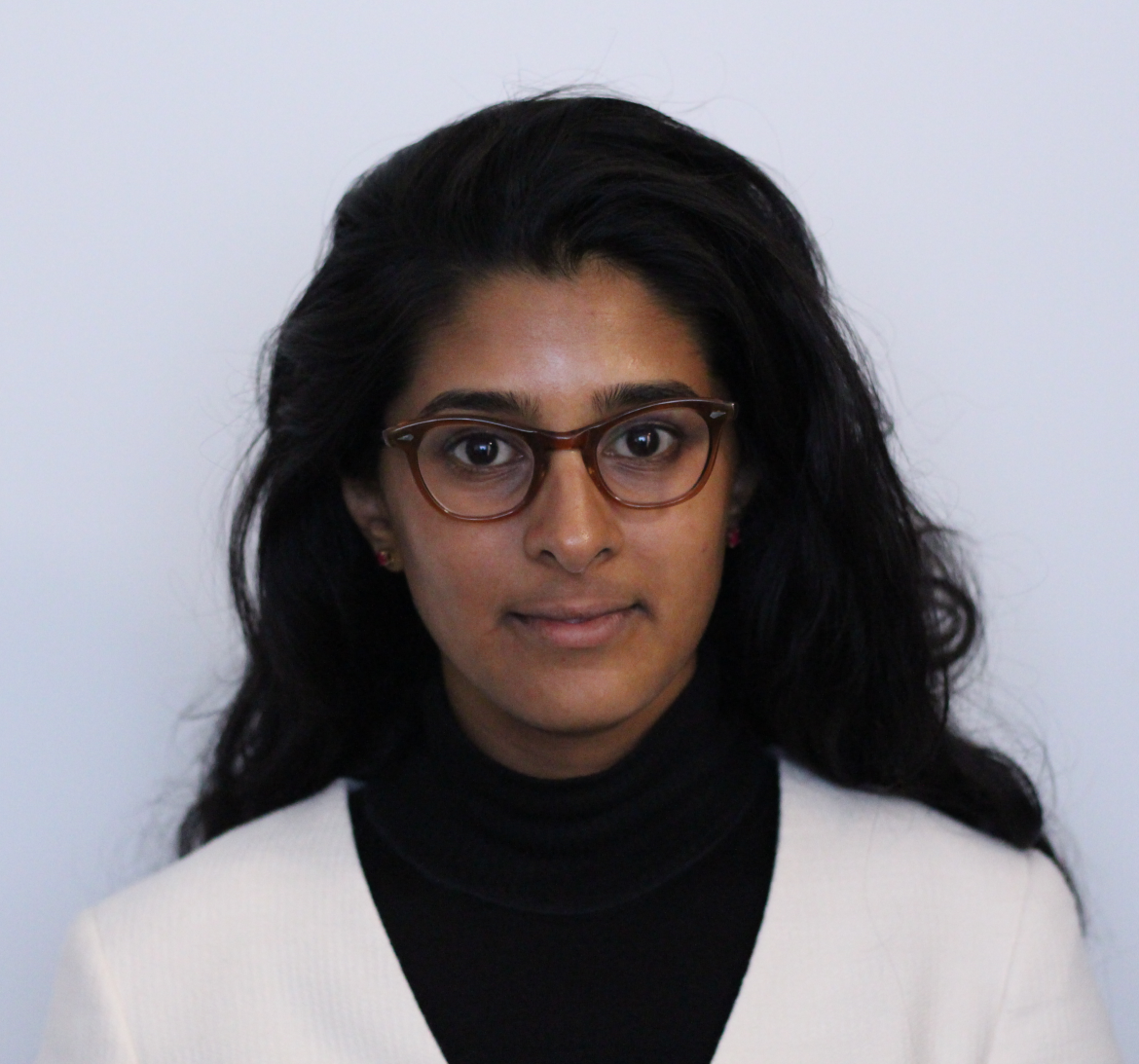
Find out more information on the UCLA Chancellor’s Postdoctoral Fellowship at Bunche and to view the current Bunche Postdoctoral Fellows.
Find out more information on the UCLA Chancellor’s Postdoctoral Fellowship at CSRC and to view the current CSRC Postdoctoral Fellows.